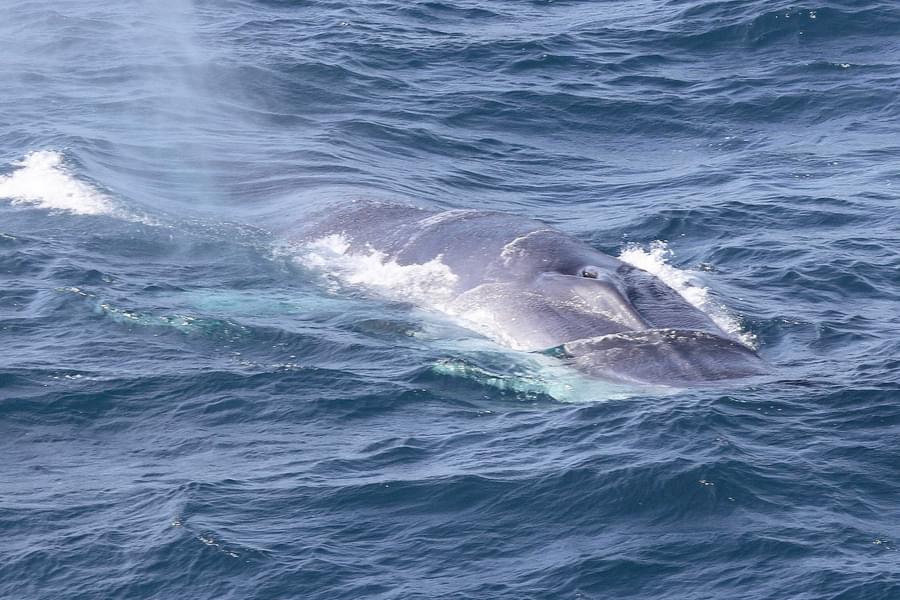Despite being controversially issued with whaling permits in December last year. Iceland's last remaining commercial whaling company, Hvalur hf., has announced it will not conduct its annual whale hunt for the second consecutive year.
A 2024 poll from Maskína, conducted at the behest of the Iceland Nature Conservation Association, found that more Icelanders believe whaling hurts Iceland’s image abroad than helps it. No whales were hunted in 2023, despite the permit being in place. Hvalur has not caught fin whales since 2022. So this time, is it the beginning of the end?
Hvalur's CEO, Kristján Loftsson, cited several factors influencing the decision, but mainly a lack of demand for whale meat from Japan, Iceland's main export market. Loftsson explained that Japanese investment in its own whaling activities along with stringent import requirements have made it challenging for Icelandic whale meat to compete, although “economically unviable” might be a better description.
Economic factors closer to home have also played a role. Hvalur has been losing money for several years, with large quantities of unsold whale meat accumulating in storage. Reports suggest that over 2,000 tonnes of Icelandic whale meat are languishing on ice in Japanese freezers. Even Loftsson, one of the world’s most fervent apologists for an industry that everyone else saw was dead in the water years ago, isn’t stubborn enough to spend money knowing he’ll get no return.
Along with the economics, animal welfare issues have been central to the debate over Iceland's whaling practices. A 2023 government-commissioned report revealed that whales harpooned during hunts suffered prolonged deaths, with some taking up to two hours to die. This finding resulted in the suspension of the whaling season until the end of August 2023, as the methods employed did not comply with Iceland's Animal Welfare Act.
Public sentiment in Iceland is increasingly against whaling. Surveys indicate that a majority of Icelanders now oppose the hunt, reflecting a broader shift towards conservation and animal welfare. This change in public opinion, coupled with economic and ethical considerations, and a new Government that has a position of opposing whaling suggests that Iceland may be inching towards ending its commercial whaling activities permanently.
Anything that keeps the whaling fleet tied up in the harbour is good news, but it's worth noting that we’ve had false “beginning of the end” dawns before. It’s also the case that unused whaling quotas can be carried over to subsequent years, plus minke whaling is still on the table. This time however, there’s a sense of weary resignation in Loftsson’s statements, and his usual swagger has gone. It's as if the fight has gone out of him.
It's unlikely to be an associated development, but last week, Iceland formally opened discussions with the EU on defence and security cooperation. In the turbulent geopolitical world in which we find ourselves, countries can no longer afford, economically or politically, to be out in the cold. Even as a proud, independent island nation, Iceland perhaps recognises that sometimes you have to let go of the past to build a better future.
.jpg?w=600&h=400&q=85&auto=format&fit=clip&dm=1685951507&s=403bdd810ed85558a1c4312db41445ff)
Despite commercial whaling decimating whale populations globally for over a hundred years, there are still countries which think it is acceptable to hunt and kill whales for profit. Our work plays a vital role in helping to put pressure on UK and other governments to drive an end to commercial whaling globally, so please support us at www.orca.org.uk/donate to help us continue this important work.

